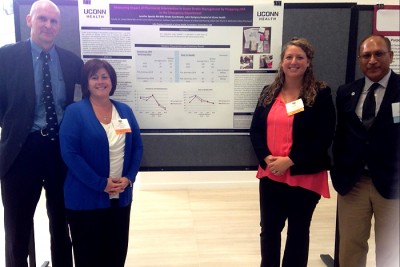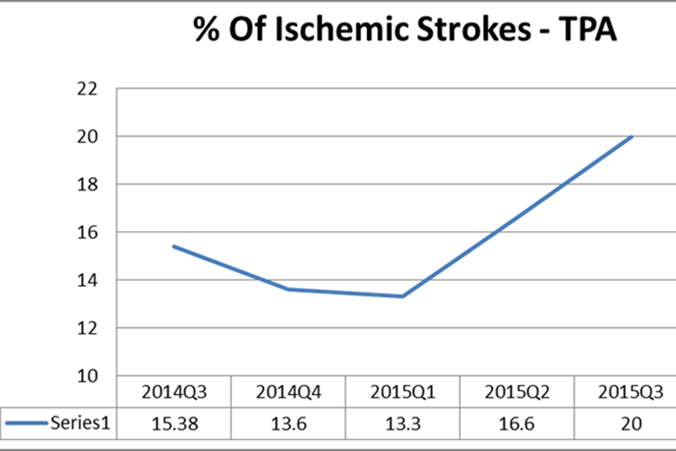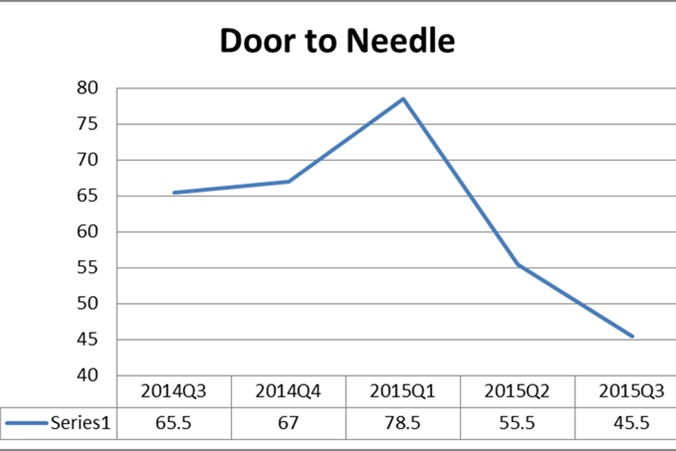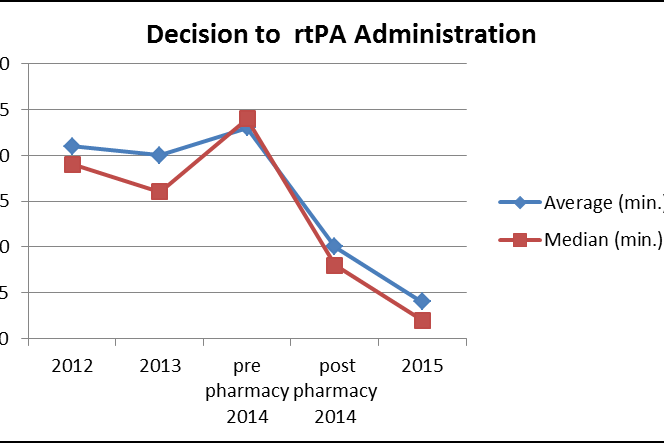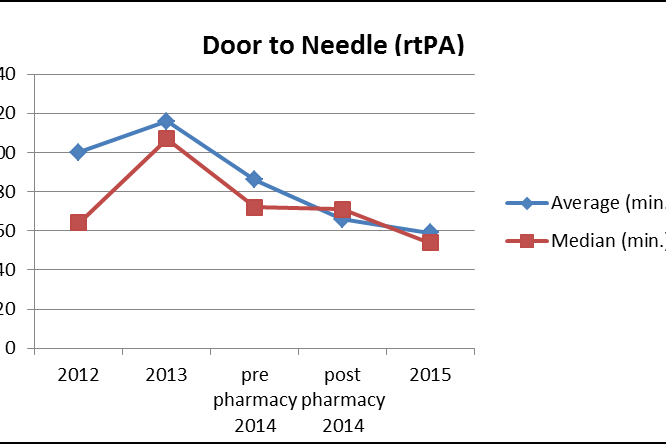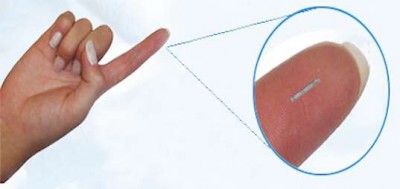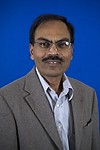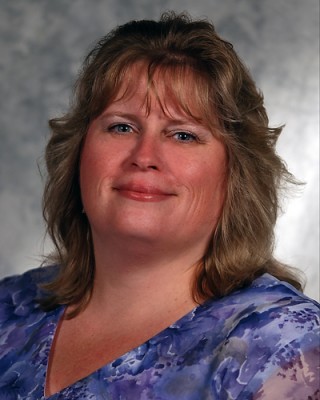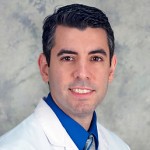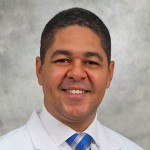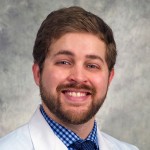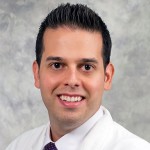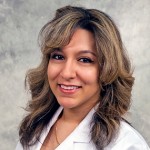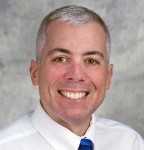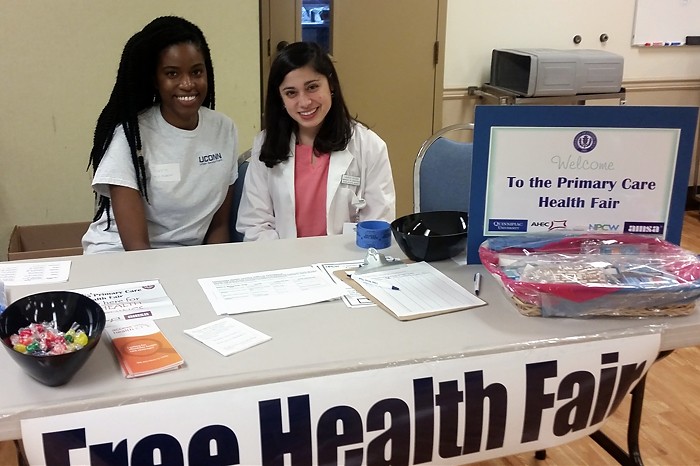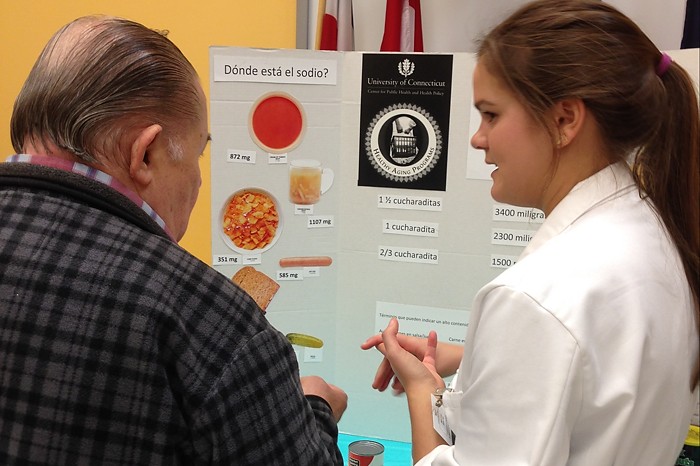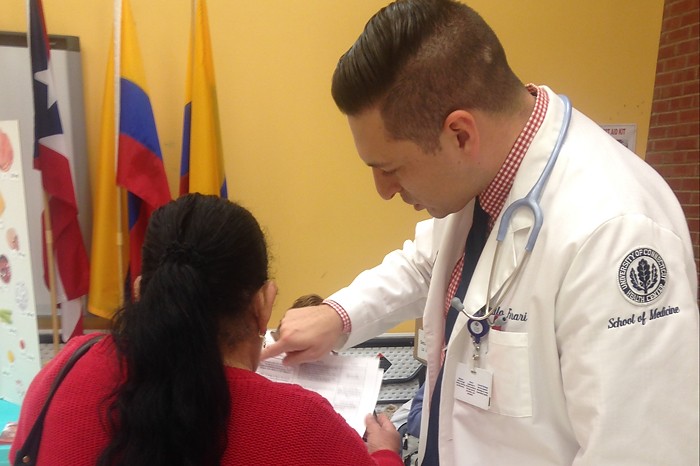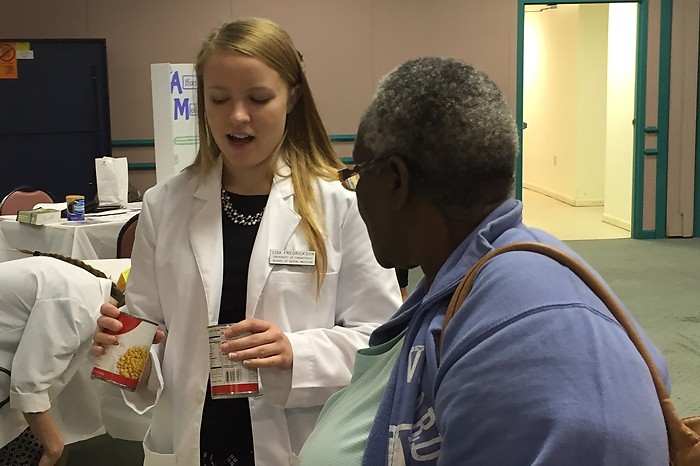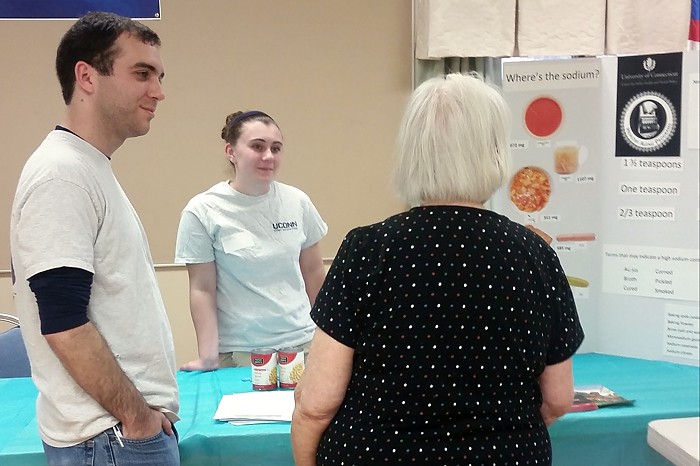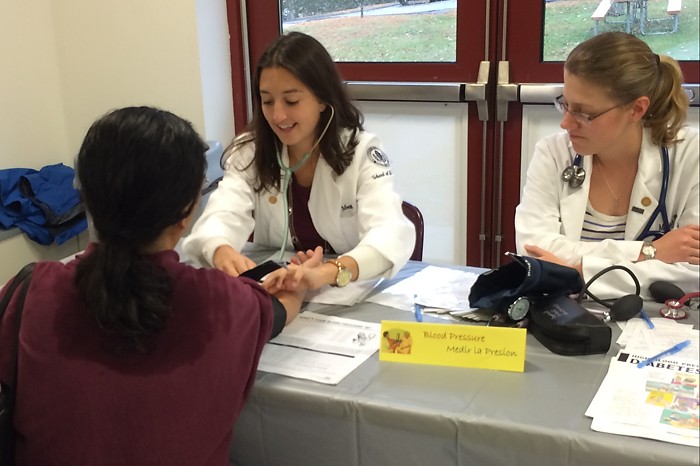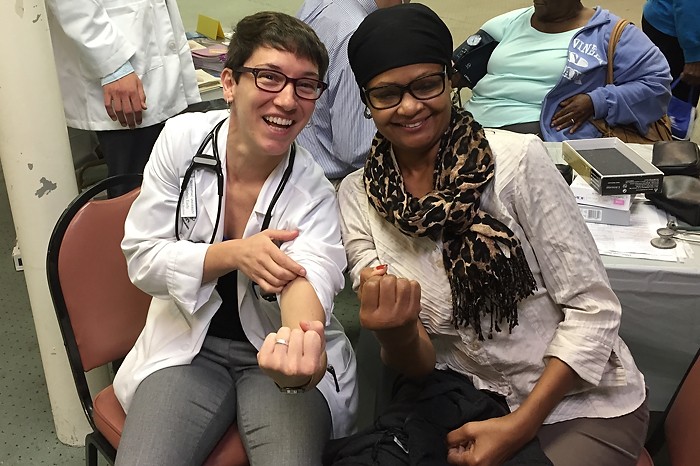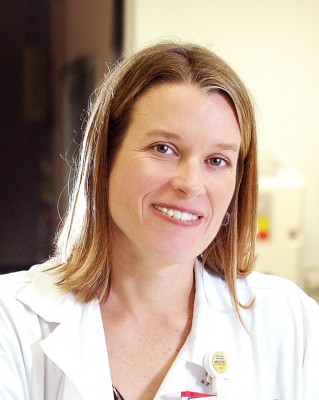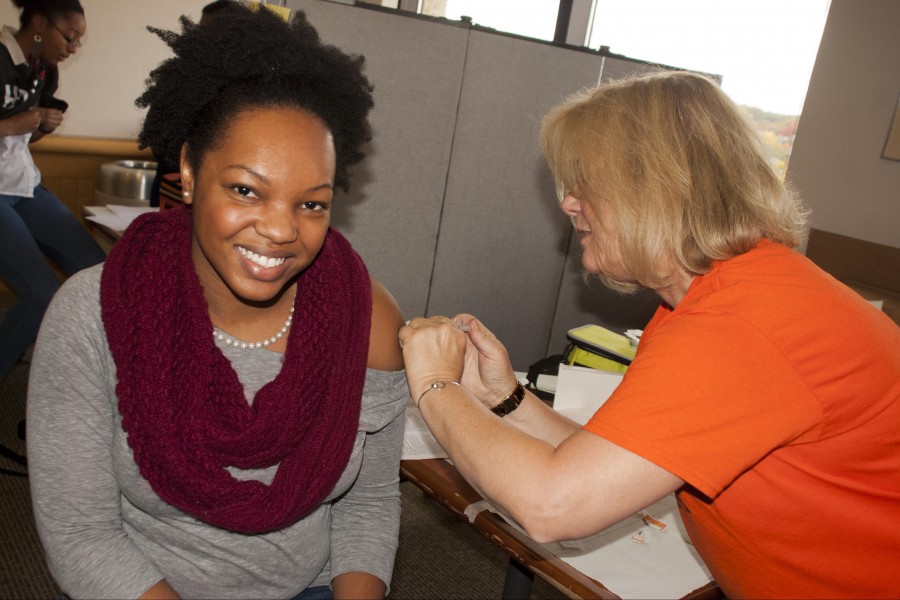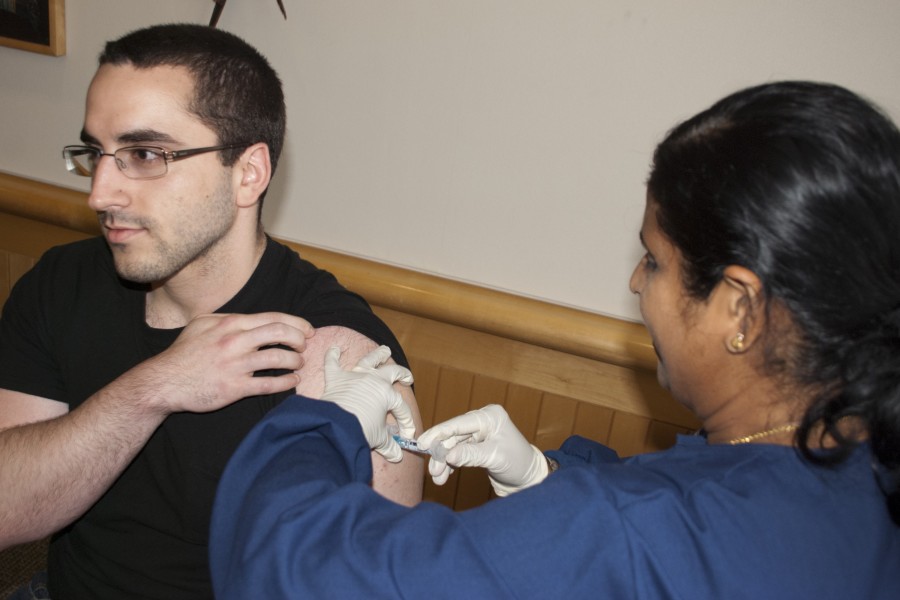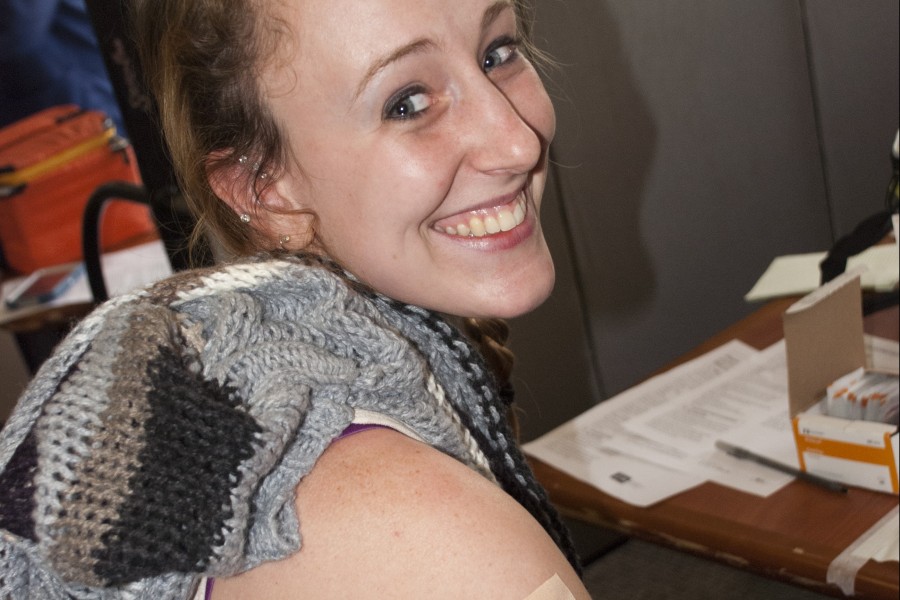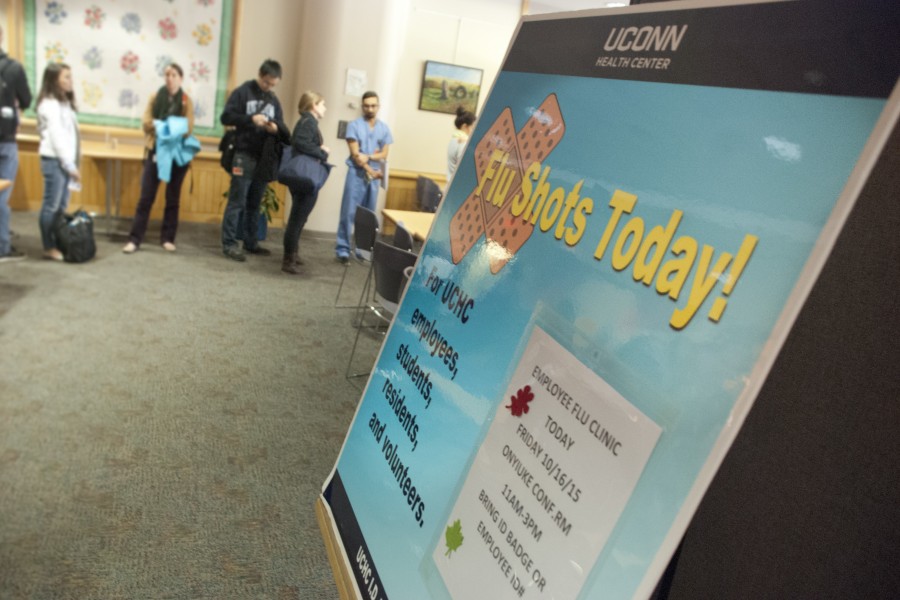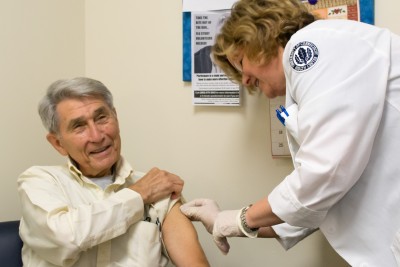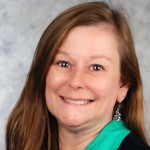Here is a list of UConn Health programs scheduled for November and early December 2015. This information will be updated with any additions or other schedule changes. (Updated 11/24)
Free IVF Information Session
Thursday, Nov. 5, 6 to 8:30 p.m., Cell and Genome Sciences Building, 400 Farmington Ave.
Specialists with the Center for Advanced Reproductive Services lead an informational session about current treatments for infertility, specifically in vitro fertilization (IVF). Each program includes an in-depth explanation of the IVF process, discussion of some of the emotional issues surrounding IVF, and discussion of options for financial planning. Registration is required: 860-679-4580 or www.uconnfertility.com.
Bladder Cancer Support Group
Saturday, Nov. 7, 2 to 3 p.m., UConn Health, Onyiuke Dining Room
Patients, family members and caregivers (not limited to UConn Health patients) are invited to join others whose lives have been touched by bladder cancer. This support group, established in partnership with the Bladder Cancer Advocacy Network, usually meets on the first Saturday of the month and is the only group of its kind in New England. Call 888-901-BCAN for more information.
Free Hospital Maternity Tours
Saturday, Nov. 7, 2:30 to 3:30 p.m., UConn Health, Main Lobby
A representative will guide you through labor and delivery, postpartum, and the nursery at John Dempsey Hospital. Children and grandparents are welcome. Call 800-535-6232 to register or for more information.
Free Discovery Series: “Exploring Memory Disorders”
Tuesday, Nov. 10, 7 to 9 p.m., UConn Health, Keller Auditorium
Drs. Patrick Coll and Karina Berg from the UConn Center on Aging, along with Drs. Neha Jain and Kevin Manning from the UConn Department of Psychiatry, will discuss memory disorders. Register online, for free, at http://discoveryseries.uchc.edu or call 800-535-6232.
Nutrition for a Healthy Heart
Wednesday, Nov. 11, 2 to 4 p.m., UConn Health Outpatient Pavilion
The UConn Health’s Healthy Nutrition program invites you on a journey to a lower blood pressure, reduced cholesterol and healthier weight. (This workshop usually is offered on the first Wednesday of the month.) Registration fee is $30. Call 800-535-6232 to register or for more information.
Celiac Disease Nutrition Class
Monday, Nov. 16, 8 to 9 a.m., UConn Health Outpatient Pavilion
A registered dietitian leads a discussion for those with celiac disease or non-celiac gluten sensitivity. This program now is scheduled to meet the third Monday of the month. Fee is $20. Call 800-535-6232 or 860-679-7692 to register or for more information.
Free Cosmetology Services for Cancer Survivors
Monday, Nov. 16, 1 to 3 p.m., UConn Health, Outpatient Pavilion, 4th floor
“Look Good…Feel Better” is a free program to help improve the self-image and self-esteem of women experiencing appearance-related side effects from cancer treatment. During this hands-on workshop, a trained volunteer certified cosmetologist will offer self-help instruction and education on hairstyling and coping with hair loss, skin care, makeup and nail care. Wigs, turbans and scarves will also be discussed. Classes are offered monthly and are not limited to UConn Health patients. Registration is required: call 800-227-2345 with your name, program date, phone number, and skin color. Kits are available in Light, Medium, Dark and Extra Dark.
(Added 10/30)
Special Panel Discussion: “EMS, Veterans and Post Traumatic Stress Disorder”
Wednesday, Nov. 18, 8:30 to 11:30 a.m., UConn Health, Keller Auditorium
UConn Emergency Medical Services presents a continuing education discussion on post-traumatic stress disorder for EMS responders and members of the public. EMS providers who attend are eligible for three CME credit hours. There is no charge to attend and registration is not necessary. For more information call 860-679-3485.
(Added 10/28)
Stroke Survivor Group
Wednesday, Nov. 18, noon to 1 p.m., UConn Health Outpatient Pavilion, 3rd floor
The UConn Health Stroke Center invites stroke survivors, families and caregivers to a monthly group meeting to discuss topics such as prevention, coping methods, support systems, rehabilitation tips, resources, and promoting independence. The Stroke Survivor Group usually meets on the fourth Wednesday of the month. Call 860-679-4846 for more information.
Free Lifestyle Medicine Program: “Stress and Your Health”
Wednesday, Nov. 18, 7 to 8:30 p.m., UConn Health, Keller Auditorium
Physician assistant Bradley Biskup from UConn Health’s Lifestyle Medicine Program explains how to recognize common stress triggers and how stress affects our health, and offers coping strategies and relaxation techniques. Call 800-535-6232 or 860-679-7692 to register or for more information.
Free IVF Information Session
Thursday, Nov. 19, 6 to 8:30 p.m., Cell and Genome Sciences Building, 400 Farmington Ave.
Specialists with the Center for Advanced Reproductive Services lead an informational session about current treatments for infertility, specifically in vitro fertilization (IVF). Each program includes an in-depth explanation of the IVF process, discussion of some of the emotional issues surrounding IVF, and discussion of options for financial planning. Registration is required: 860-679-4580 or www.uconnfertility.com.
Infertility Peer Support Group
Thursday, Nov. 19, 7 p.m., Center for Advanced Reproductive Services, 2 Batterson Park Road, Farmington.
The Greater Hartford chapter of RESOLVE, a national nonprofit resource for those facing the challenges of infertility, offers support, information and confidential, informal, peer-led discussions on the third Thursday of the month. To learn more or to check for weather-related cancellation, call 860-523-8337.
Childbirth Preparation Class
Saturday, Nov. 28, 8:30 a.m. to 5 p.m., UConn Health, Onyiuke Dining Room
This one-day class covers anatomy and physiology of pregnancy and labor, emotions of pregnancy, nutrition, fetal growth and development, comfort measures for labor, working with unexpected events in labor, cesarean delivery, and practice of relaxation and breathing techniques for labor. Class size is limited to eight couples. Remember to bring two pillows and wear comfortable clothing. Light snack is provided. Fee is $100. Call 800-535-6232 or 860-679-7692 to register or for more information.
Free Workshop: “Things to Consider Before Joining a Research Study”
Monday, Nov. 30, 5 p.m., UConn Health, Onyiuke Dining Room
The UConn Health Human Subjects Protection Office offers an educational session about the rights and responsibilities of participants in research projects on the last Monday of the month. Registration is required: 860-679-8802 or cagganello@uchc.edu.
Nutrition for a Healthy Heart
Wednesday, Dec. 2, 2 to 4 p.m., UConn Health Outpatient Pavilion
The UConn Health’s Healthy Nutrition program invites you on a journey to a lower blood pressure, reduced cholesterol and healthier weight. This workshop usually is offered on the first Wednesday of the month. Registration fee is $30. Call 800-535-6232 to register or for more information.
Free IVF Information Session
Thursday, Dec. 3, 6 to 8:30 p.m., Cell and Genome Sciences Building, 400 Farmington Ave.
Specialists with the Center for Advanced Reproductive Services lead an informational session about current treatments for infertility, specifically in vitro fertilization (IVF). Each program includes an in-depth explanation of the IVF process, discussion of some of the emotional issues surrounding IVF, and discussion of options for financial planning. Registration is required: 860-679-4580 or www.uconnfertility.com.
Holiday Bazaar and Basket Raffle
Friday, Dec. 4, 9 a.m. to 4 p.m., UConn Health, Main Lobby
The UConn Health Auxiliary’s annual winter holiday shopping event includes vendors in the main lobby and mezzanine and the Auxiliary’s popular raffle of gift baskets created and donated by UConn Health employees. Drawing is at 3:30. For more information please call 860-679-2963.
Bladder Cancer Support Group
Saturday, Dec. 5, 2 to 3 p.m., UConn Health, Onyiuke Dining Room
Patients, family members and caregivers (not limited to UConn Health patients) are invited to join others whose lives have been touched by bladder cancer. This support group, established in partnership with the Bladder Cancer Advocacy Network, usually meets on the first Saturday of the month and is the only group of its kind in New England. Call 888-901-BCAN for more information.
(added 11/24)
Free Discovery Series: “Recognizing the Signs of Stroke”
Tuesday, Dec. 8, 7 to 9 p.m., UConn Health, Keller Auditorium
Each year, nearly 800,000 people in the U.S. experience a stroke. It can happen to anyone at any age and any time. UConn Health stroke experts Dr. Sanjay Mittal and Dr. Ryan Zengou will discuss the warning signs and preventive measures. Register online, for free, at http://discoveryseries.uchc.edu or call 800-535-6232.
Childbirth Preparation Class
Saturday, Dec. 12, 8:30 a.m. to 5 p.m., UConn Health, Onyiuke Dining Room
This one-day class covers anatomy and physiology of pregnancy and labor, emotions of pregnancy, nutrition, fetal growth and development, comfort measures for labor, working with unexpected events in labor, cesarean delivery, and practice of relaxation and breathing techniques for labor. Class size is limited to eight couples. Remember to bring two pillows and wear comfortable clothing. Light snack is provided. Fee is $100. Call 800-535-6232 or 860-679-7692 to register or for more information.
Directions to UConn Health are available at www.uchc.edu/directions/index.html.
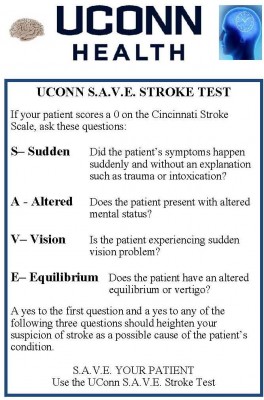 At UConn Health, every stroke and every stroke alert that comes in from EMS is tracked (even when it turns out not to be a stroke), along with the following data elements:
At UConn Health, every stroke and every stroke alert that comes in from EMS is tracked (even when it turns out not to be a stroke), along with the following data elements: